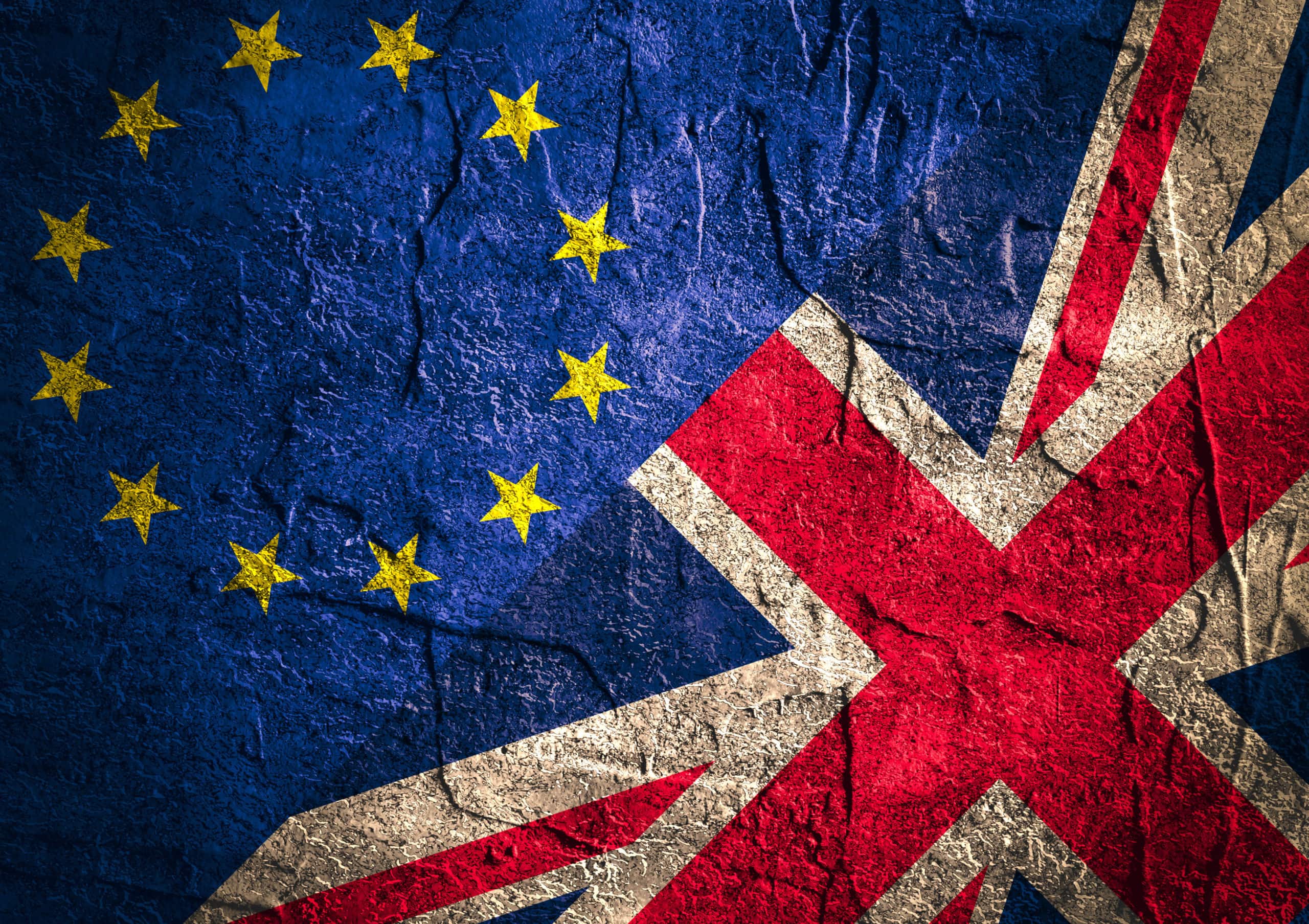The British government is at last making clear how a Brexit no-deal will impact the finances of expats living in the European Union.
The Doomsday scenario could mean expats will lose access to their pensions and other finances if the UK and the EU fail to agree the terms of Britain leaving the bloc in March 2019.
With only seven months to go, the prospect looks ever more likely as London and Brussels seem to be poles apart on a deal.
All aspects of expat finances would appear to be hanging in the balance.
These include payments from pensions and annuities, savings and insurance.
Who’s at risk?
And the risk hits the wider European Economic Area that includes all the EU states plus Norway, Iceland and Liechtenstein.
The warning comes from a technical notice published by the British government about arrangements to maintain the UK economy in the event of no deal.
Other implications include more expensive bank and credit card transactions and the end of EU roaming for mobile phone users.
Hugh Savill, director of regulation at trade body the Association of British Insurers (ABI), cautioned that a no-deal Brexit would cause “major inconvenience” to millions of pensioners, travellers and drivers.
“We urge the government to agree a deal as a matter of urgency,” he said. “The paper emphasises the risk of insurers not being able to make payments to customers based in the EU after the end of March next year.
UK and EU must act together
“Insurers have of course been making contingency plans for their own operations for many months now, but this contract issue is not one that insurers themselves can fix.”
Savill’s concerns were echoed by Stephen Jones, the chief executive of UK Finance, the trade body for banks and building societies.
“A no deal scenario can and should be avoided. Both the UK and our EU partners should focus on agreeing a managed exit and a clear framework for cross-border trade including in financial services,” he said.
“However, it is right that contingency plans are made to minimise disruption for consumers and businesses on both sides of the Channel in the event of a no deal.
“These issues cannot be addressed by the UK acting alone. It is therefore vital that negotiators on both sides work together to agree solutions that prevent any unnecessary disruption and additional costs for customers in both the EU and UK.”
